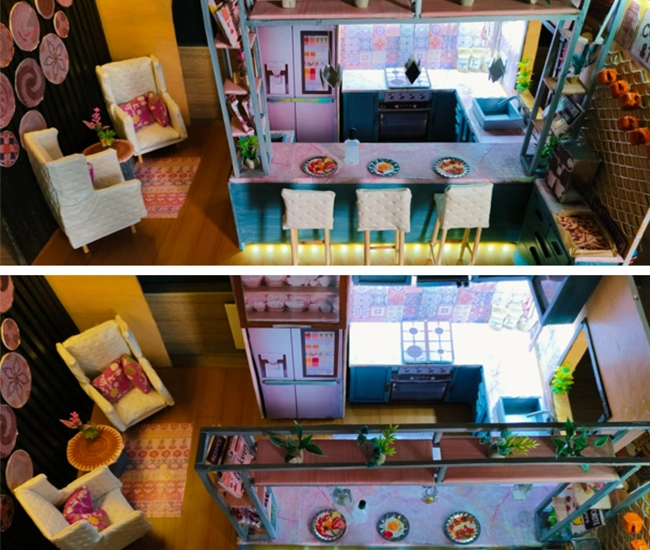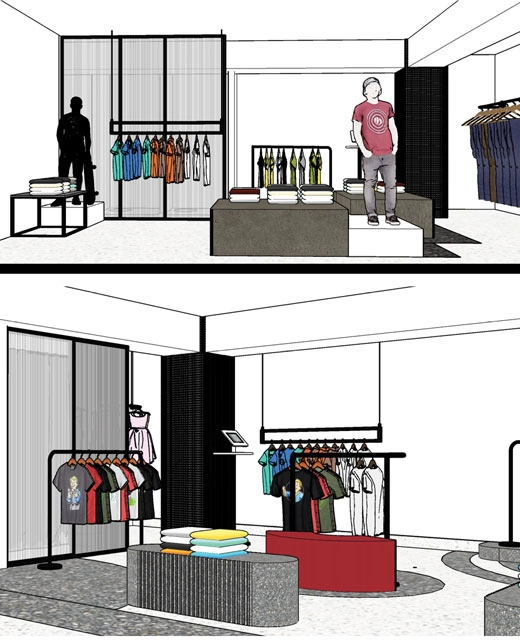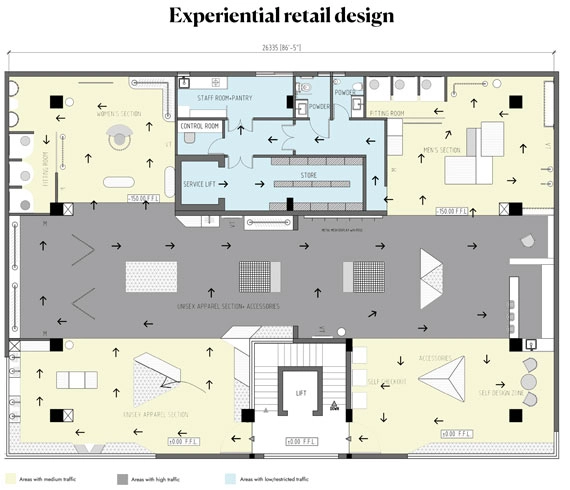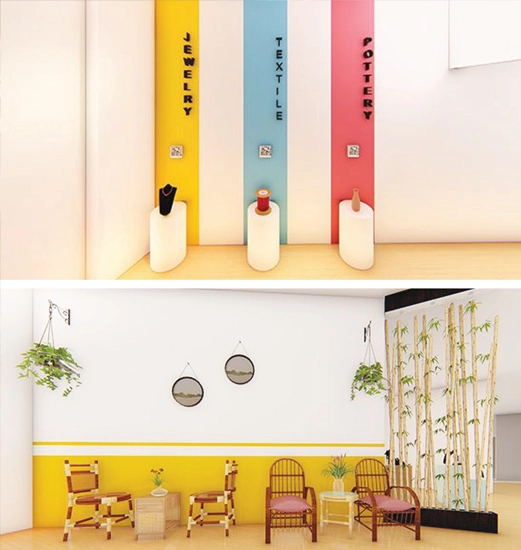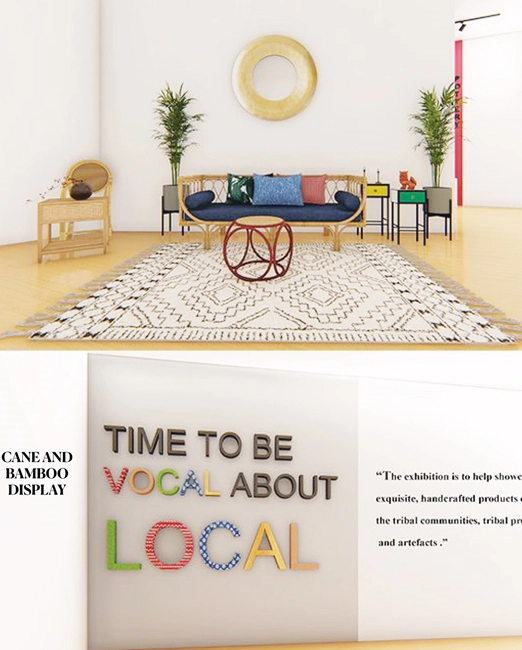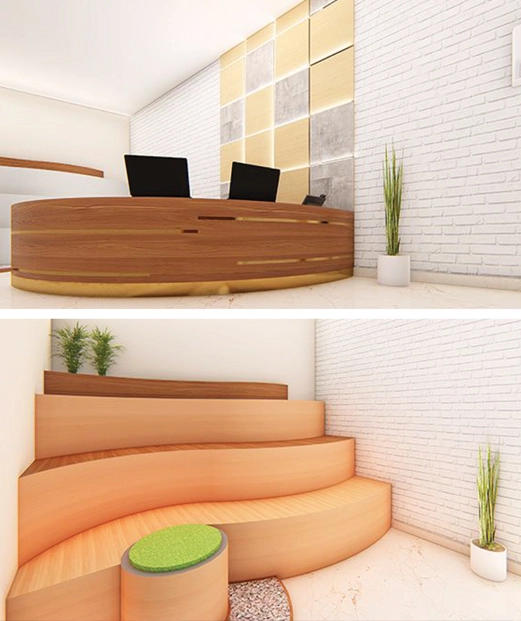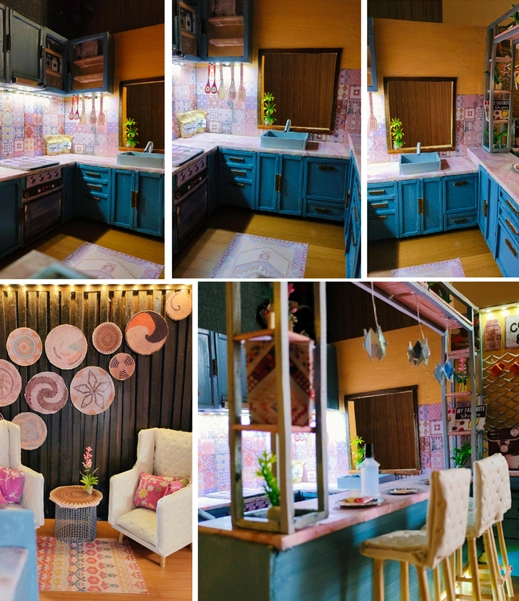
Go
to University Website
Passed 10+2 examination with 50% aggregate marks
OR
AICTE approved three year full time diploma after Class-X offered by Board of Technical Education of any State in India or UTs or from UGC recognized universities or equivalent Obtained at least 50% aggregate marks in the diploma examination
Merit based counseling on XII Std marks.
Transforming spaces into experiences that captivate, inspire, and redefine the art of living.
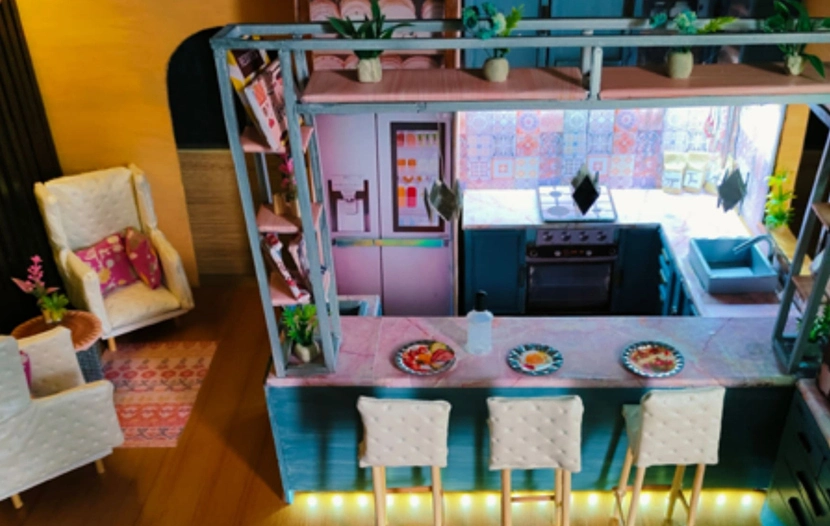
The Bachelor of Design in Interior Design program is crafted to empower students with the creative, technical, and strategic skills necessary to shape functional and aesthetically engaging spaces. Emphasizing a blend of innovation and practical expertise, the curriculum covers spatial planning, materials, lighting, sustainable practices, and human-centered design principles.
Students learn to transform residential, commercial, and public spaces with designs that are purposeful, sustainable, and reflective of client needs. Through hands-on projects, industry exposure, and mentorship, graduates are prepared to create spaces that enhance user experience, meet contemporary demands, and positively impact quality of life. This program fosters a career-ready mindset, equipping students to lead in the dynamic field of interior design.
An important aspect of the design industry is technical proficiency. Designers must be proficient in a variety of software tools and techniques, ranging from hand-sketching to digital prototyping. They must also be familiar with the latest trends and developments in their field, and be able to adapt quickly to changing technologies and design styles.
Communication and collaboration skills are also critical in the design industry. Designers must be able to communicate effectively with clients, team members, and stakeholders, and be able to work collaboratively to achieve project goals. They must also be able to listen and incorporate feedback into their designs, while still maintaining their own creative vision.
In the contemporary world sustainability and social responsibility are becoming increasingly important aspects in the design industry. Clients and consumers are placing greater emphasis on ethical and sustainable business practices, and designers must be able to incorporate these values into their designs. This includes using environmentally friendly materials, reducing waste, and promoting social justice and equality in their work.
The design industry is a complex and challenging field that requires a unique combination of creativity, technical proficiency, communication skills, and social responsibility. The Bachelor of Design program provides students with the knowledge, skills, and practical experience needed to succeed in this industry and make a positive impact on the world through their work.
At the School of Architecture, planning & Design, DIT University we have developed a curriculum for our interior design courses in Uttarakhand that is composed to foster creativity in our students. Our courses are grounded in design thinking, which forms the basis of all our programs. Our B. Design program provides students with a world-class education that prepares them for a successful career in the dynamic field of design. Join us today to embark on a journey of creativity, innovation, and self-discovery.
1st Year (2025-26)
| Particulars | Tuition Fees | Academic Services Fee | Total Fee | |
|---|---|---|---|---|
|
All India Category |
1st Installment |
60,250 |
39,350 |
99,600 |
|
2nd Installment |
60,250 |
39,350 |
99,600 |
|
|
Uttarakhand/Himalyan State Quota (After 25% Scholarship on Tuition Fee) |
1st Installment |
45,188 |
39,350 |
84,538 |
|
2nd Installment |
45,188 |
39,350 |
84,538 |
For detailed Program Fee Structure, please Click Here
With the advancement of technology, big data, and new-age biomaterials the program strives to retain humanity in the center with technology as a tool for empowerment.
Since interior designers work with contractors, architects, engineers, craftsmen, furniture dealers, businesses and home owners, our program provides a well-rounded education and skills to work in a multi-disciplinary work environment in many disciplines, such as architecture, graphic design, decorative arts, and textile, furniture, and lighting design.
Our students learn in a true multi-disciplinary environment with cross teaching across departments.
Students are encouraged to become entrepreneurs. They organize Diwali Exhibitions every year and make products from recyclable material based on 3R’s (Reduce, Reuse, Recycle). The products are put on sale and the funds collected are donated for a social cause their choice.
The program prides itself in aspiring to place graduates in professional settings, such as corporations, architectural and design firms, and space planning organizations.
Graduates will be able to apply the knowledge in the field of interior design to pursue higher studies and career in interior design consultancy.
Graduates will become socially responsible and environmentally conscious esigners.
Graduates will develop the leadership capabilities and will be able to contribute in multidisciplinary teams.
Graduates will be able to demonstrate the professional attitude with ethical responsibility and effective communicating skills.
Graduates will be able to adapt to the changing trends in Design Practice.
Knowledge: Apply the knowledge of mathematics, science, art and design fundamentals to the solution of built environment related problems.
Problem Analysis: Identify, formulate, review research literature, and analyse complex design problems reaching substantiated conclusions using principles of design, natural sciences, and building sciences.
Design/ Development of Solutions: Solutions for design problems and design building components or processes that meet the specified needs with appropriate consideration for the public health and safety, and the cultural, societal, and environmental considerations.
Conduct Investigations of Complex Problems: Use research-based knowledge and research methods including case studies, analysis and interpretation of data, and synthesis of the information to provide valid conclusions.
Modern Tool Usage: Create, select, and apply appropriate techniques, resources, and modern drafting tools including building information modeling with an understanding of the limitations.
Designer & Society: Apply reasoning informed by the contextual knowledge to assess societal, health, safety, legal and cultural issues and the consequent responsibilities relevant to the professional architectural practice.
Environment and Sustainability: Understand the impact of the professional building solutions in societal and environmental contexts, and demonstrate the knowledge of, and need for sustainable development.
Ethics: Apply ethical principles and commit to professional ethics and responsibilities and norms of professional practice.
Individual and Team Work: Function effectively as an individual, and as a member or leader in diverse teams, and in multidisciplinary settings.
Communication: Communicate effectively on complex professional activities with the design fraternity and with society at large, such as, being able to comprehend and write effective reports and design documentation, make effective presentations, and give and receive clear instructions.
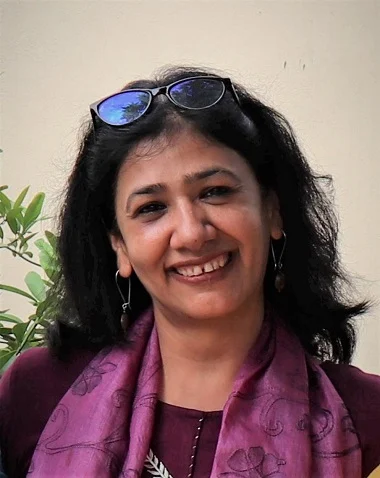
Professor and Dean

Associate Professor

Assistant Professor

Assistant Professor

Assistant Professor

Assistant Professor

Assistant Professor
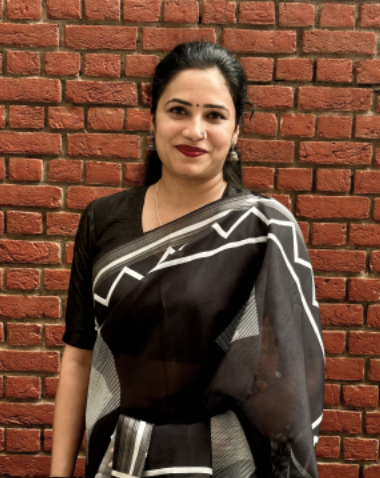
Assistant Professor (ImaginXP)

Assistant Professor (ImaginXP)

Assistant Professor (ImaginXP)

Assistant Professor (ImaginXP)

Visiting Faculty

Visiting Faculty

Assistant Professor

Guest faculty

Visiting Faculty

Assistant Professor III
